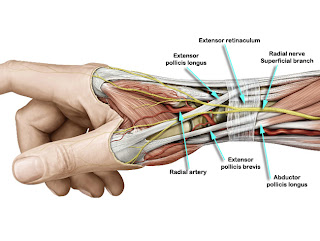spine manipulation in sports
Spinal manipulation or manual therapy is becoming an increasingly popular method of treating athletes with spinal problems. The primary theoretic basis for the claimed beneficial results of manipulation is the restoration of motion with subsequent effect on ligamentous adhesions, muscle spasm, disk nutrition, and central nervous system endorphin systems.
The concept of joint barriers has been developed to differentiate among exercise therapy, mobilization, and manipulation. Research trials suggest that spinal manipulation is beneficial in relieving or reducing the duration of acute low back pain and acute neck pain but has much less effect on chronic low back pain and neck pain. There is evidence that manipulation increases certain parameters of motion of the spine but this evidence is not yet conclusive.
There are a wide variety of manipulative procedures that are utilized to manipulate the spine to increase range of motion, and the selection of the procedures is based on manual diagnostic skills. Manipulation, however, is not a benign procedure and has been implicated in the aggravation of disk herniation or bony fractures as well as the precipitation of vertebrobasilar artery occlusion.


The precipitation of vertebrobasilar artery occlusion in my understanding is only associated with cervical manipulation which in PT is very rarely performed as there is low EBP behind this type of technique along with the stated inherent risk. It would be very interesting to see how much on field/sideline manips are being used for acute care of sports injuries.
ReplyDelete